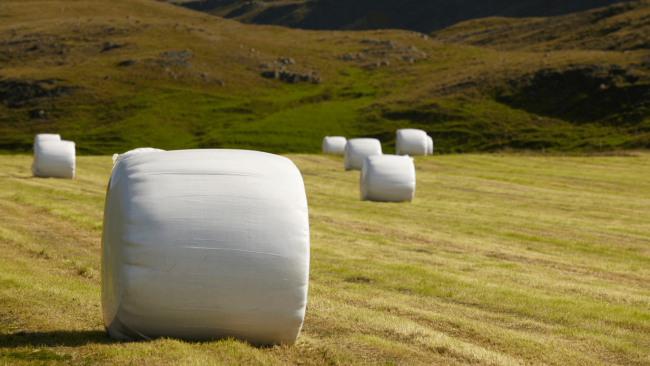Silage Testing
The quality of silage is highly dependent on the quality of the forage harvested and the type of fermentation that has occurred. These factors will influence palatability to livestock, livestock productivity, dry matter losses and the risk of toxins forming in the silage. Even under ideal conditions, loss of at least 8% of the forage dry matter is expected throughout the ensiling process. For a more complete listing of our silage testing options and the associated test details download our silage services offered.
Feed Dry Matter Testing
Dry Matter (DM) refers to the weight of feed as harvested forage or silage after removal of all moisture, expressed as a % of the fresh weight. An accurate assessment of dry matter is important for three main reasons:
• Forages are often traded on a dry matter basis.
• Dry matter content is used to develop feed rations (along with other feed quality parameters).
• Dry matter content is required to measure herbage production per area from field plot trials.
Where forage is traded on a dry matter basis, there can be large financial transactions involved so it is essential that error in DM measurements is minimised. Our
technical note explains more.
DIY Feed samplings kits are available to order online, and include
sampling instructions or bulk supplies can be ordered for regular customers.




